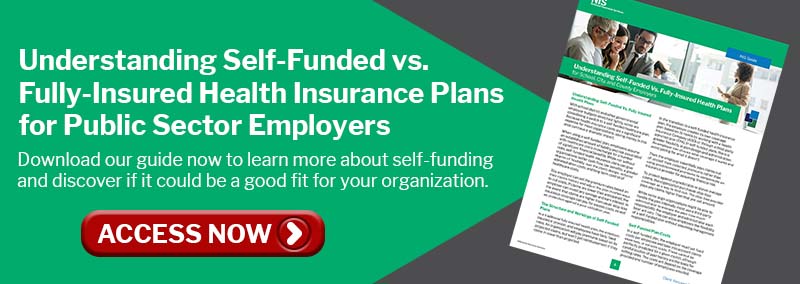3 minute read
The Department of Labor (DOL) has reached several settlements lately with life insurance carriers regarding their evidence of insurability (EOI) practices. Although these settlements only apply to employer-sponsored group supplemental life plans subject to the Employee Retirement Income Security Act (ERISA), it is a good reminder to all employers to follow best practices when it comes to premium payment administration and EOI practices.
Evidence of Insurability
Evidence of Insurability is a requirement that a participant must meet specific health criteria set by the carrier to be eligible for their requested amount of group life insurance. This applies when a participant seeks coverage exceeding the guaranteed issue amount, wishes to increase their coverage beyond a certain threshold, or enrolls in coverage late. Each group life insurance policy has its own tailored EOI prerequisites.
DOL Findings
In a recent settlement, a life insurance carrier was found to have collected premiums without confirming the insurability of participants. This led participants and their beneficiaries to mistakenly believe they were covered. The carrier frequently denied benefits claims after the death of a plan participant, citing a lack of proof of insurability. As a result, beneficiaries were left without the life insurance benefits they had expected.
The DOL has found over the past few years that other carriers are engaged in similar practices. “The U.S. Department of Labor will take appropriate action against any insurance company that collects regular premium payments from plan participants and later tries to wrongfully deny benefits based on technicalities like ‘insurability’ after the participant passes away,” said Regional Solicitor Maia Fisher in Boston.1
These recent settlements underscore the DOL's stance that group life insurance carriers have a fiduciary responsibility under ERISA to promptly assess eligibility for coverage that necessitates EOI upon receiving premiums. Furthermore, these settlements emphasize that carriers violate this duty by accepting premiums for EOI-required coverage without promptly confirming the participant's eligibility and subsequently denying claims based on EOI non-compliance.
The ruling also mentioned that employers can also be held liable. Employers who serve as their own recordkeeper or utilize third-party services should keep track of premium records and monitor employees and dependents who are required to submit EOI to the carrier. Failure to inform employees or dependents about unapproved EOI before collecting premiums could result in the employer being liable for claims by beneficiaries.
Employer Takeaway
In light of these settlements, employers should carefully review their payroll deduction processes to ensure that all EOI requirements are met before processing premiums. Additionally, regular reviews of enrollment processes with technology vendors can help maintain accurate records and promptly address any outstanding EOI requests.
We also reviewed our own processes at National Insurance Services (NIS) to ensure compliance. Our billing team is careful about not adding people to the bill until the needed EOI is approved. They also make sure to remind our self-billed customers about the importance of waiting for EOI approval before taking payroll deductions. Furthermore, our annual census review helps mitigate risks by identifying any discrepancies and resolving them before they escalate into claims.
For questions, please contact your NIS Representative.

